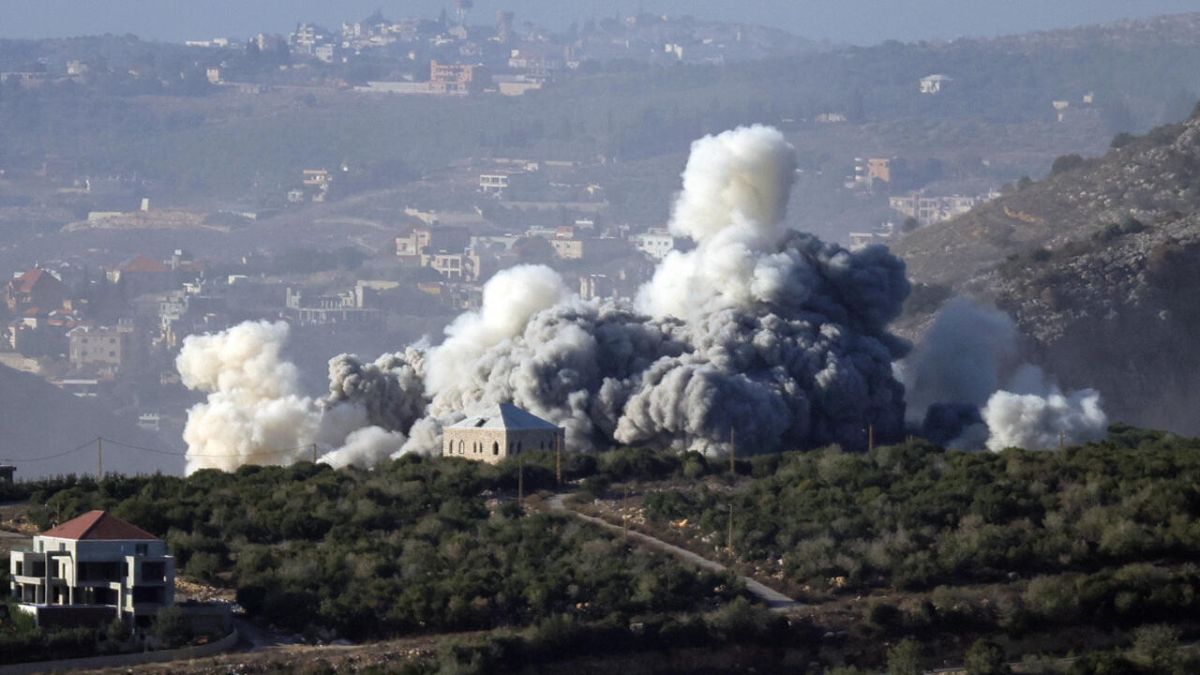Israel carried out another round of airstrikes on Hezbollah positions in southern Lebanon on Thursday. This happened exactly one year after the ceasefire that was supposed to stop the fighting between the two sides.
Lebanon’s state news agency reported that Israeli jets bombed areas called Al Mahmoudiya and Al Jarmak, which sit just north of the Litani River. Smoke could be seen rising from several spots across the region.
The ceasefire, agreed to on November 27, 2024, was meant to end more than a year of clashes. But Israel has continued launching strikes throughout the past year. It usually says these attacks are aimed at stopping Hezbollah from rebuilding its weapons network.
Lebanese Prime Minister Nawaf Salam said the situation feels like a “one sided war of attrition” that keeps getting worse.
The Israeli military released a statement saying it struck and dismantled Hezbollah “terror infrastructure,” including storage sites for weapons, launch areas, military posts and a weapons facility. Israel said it will keep acting “to remove any threat” to its security. It also claimed that since the ceasefire began, it has carried out about one thousand two hundred targeted operations and killed more than three hundred seventy fighters from Hezbollah, Hamas and other groups.
Under the terms of the ceasefire, Hezbollah was supposed to move its fighters north of the Litani River and remove its military infrastructure in the south. The Lebanese army was tasked with dismantling what was left by the end of this year, then continuing with the rest of the country. The United States has been increasing pressure on Lebanon to disarm Hezbollah, while Israel says Lebanon is dragging its feet.
Lebanese President Joseph Aoun denied Israel’s accusations. His office said the army has been working to stop armed activity, seize ammunition and inspect tunnels. Aoun also met with the UN’s coordinator for Lebanon, who said the conflict still feels ongoing for many people, even if the violence is less intense than before. She warned that as long as nothing changes, the risk of future fighting remains high.
Israel’s defense minister said there will be “no calm” in Lebanon unless Israel’s security is guaranteed. The tension grew even further after an Israeli strike in Beirut last Sunday killed Haitham Ali Tabatabai, one of the highest ranking Hezbollah commanders to be killed since the ceasefire began.
Lebanon’s prime minister criticized Hezbollah’s claim that its weapons protect the country. He said these weapons have not stopped Israeli attacks or kept Lebanese civilians safe. He also questioned whether Hezbollah’s arsenal is capable of defending against the strikes happening right now, saying they have brought neither deterrence nor victory.

